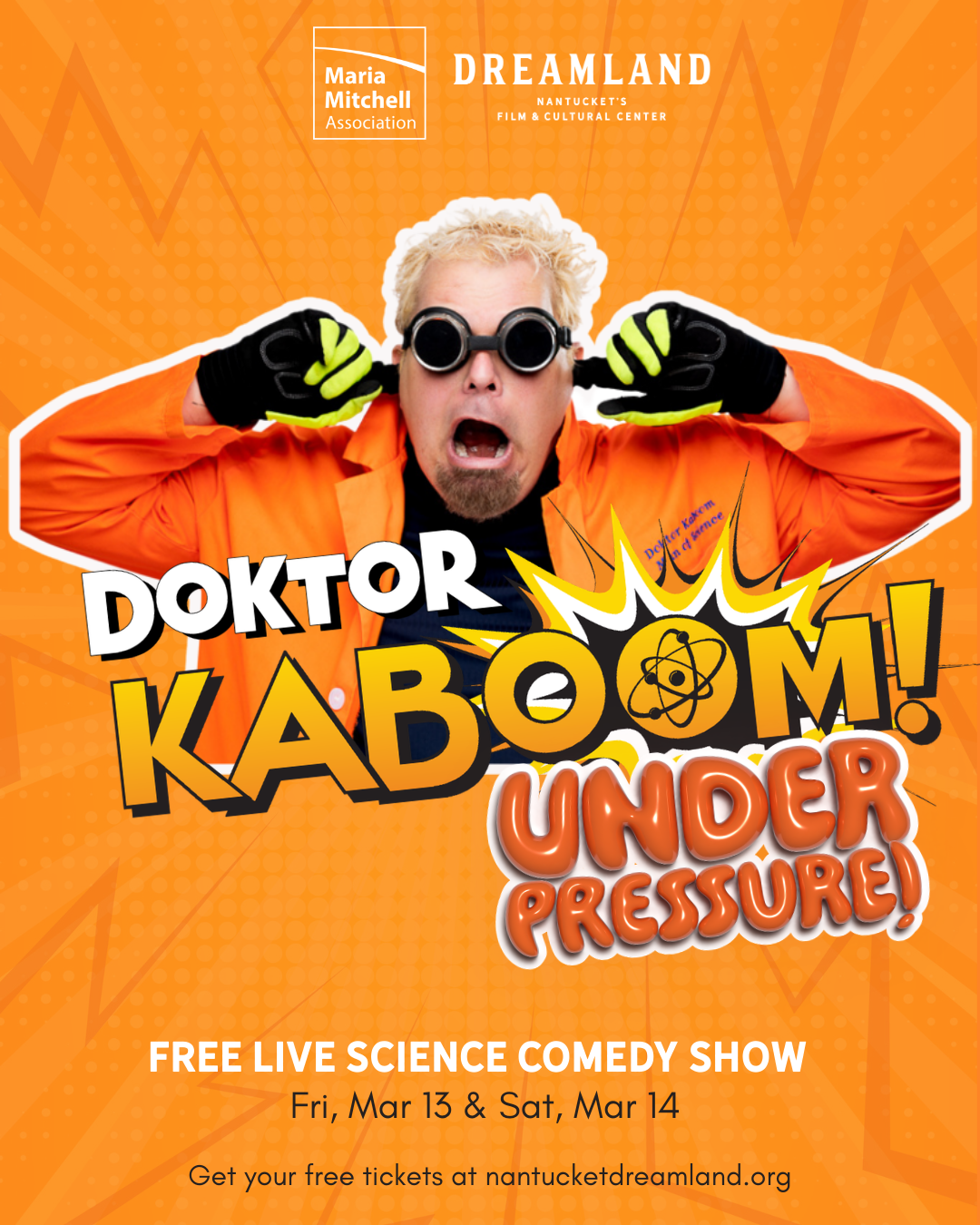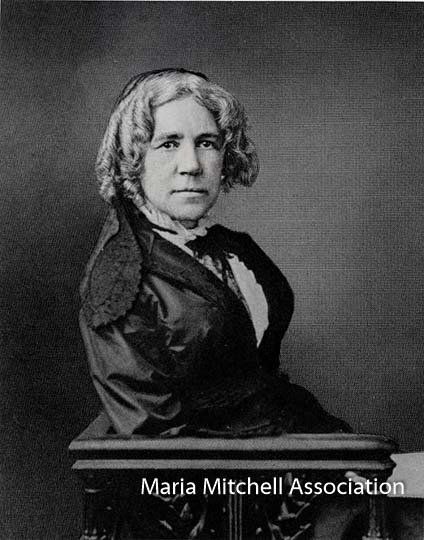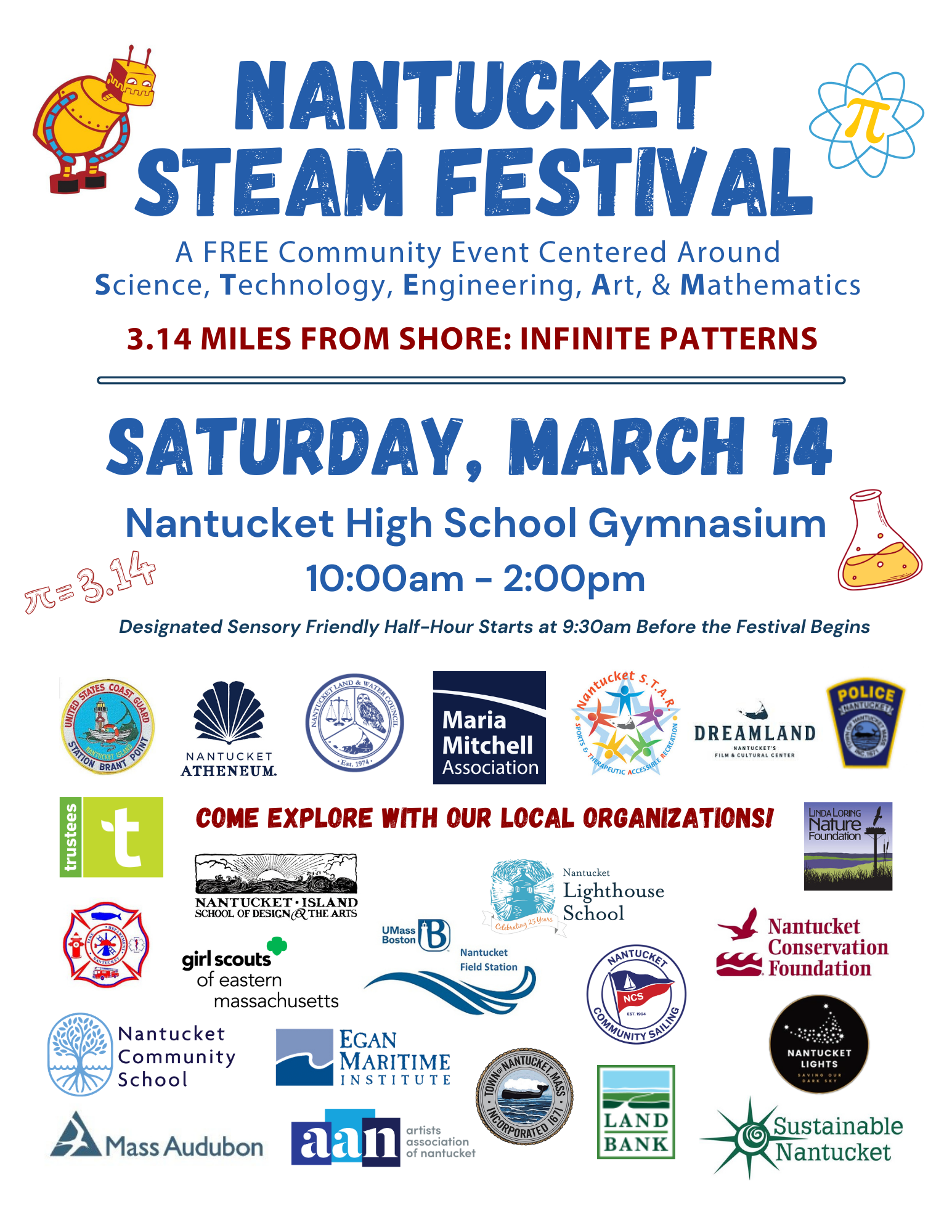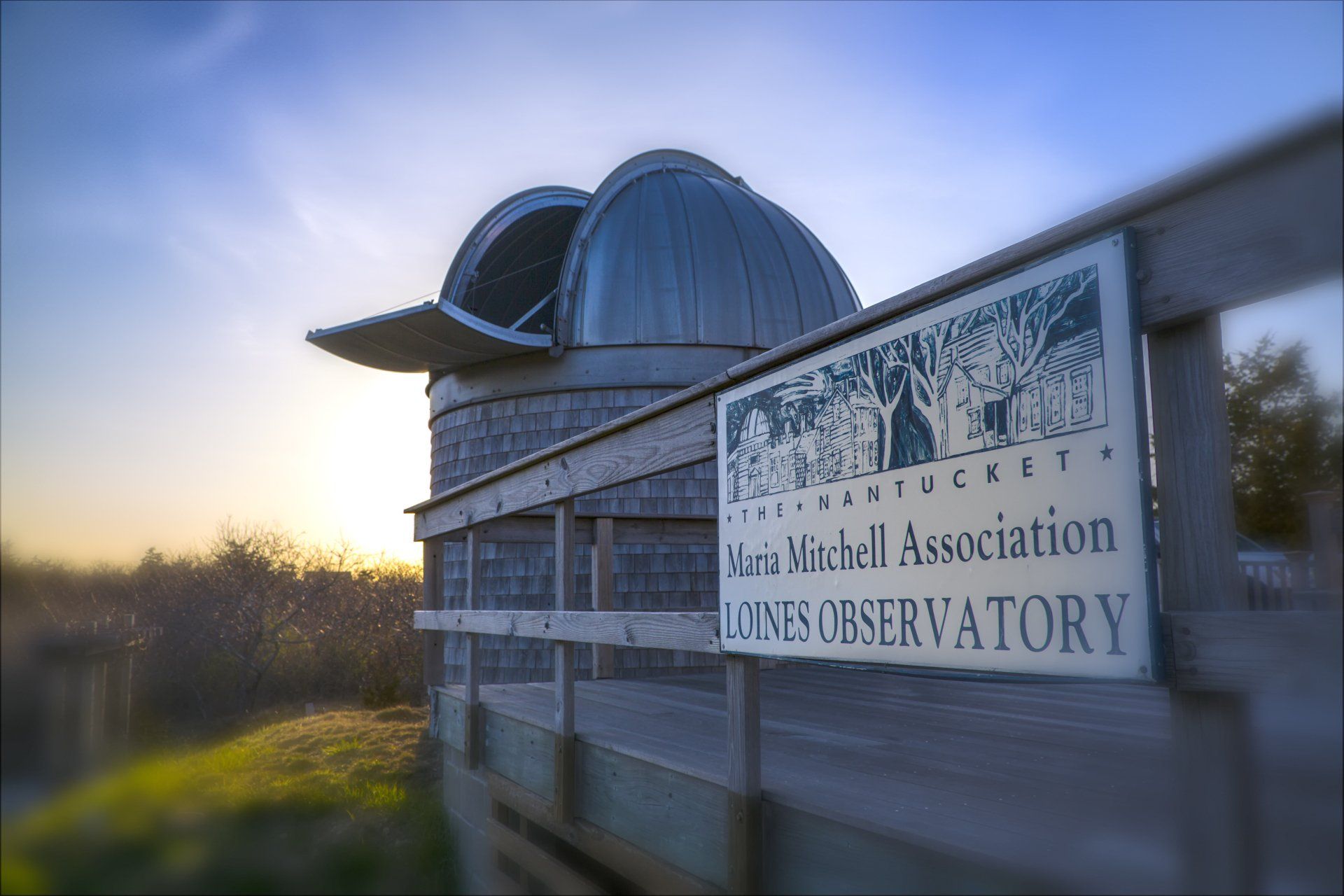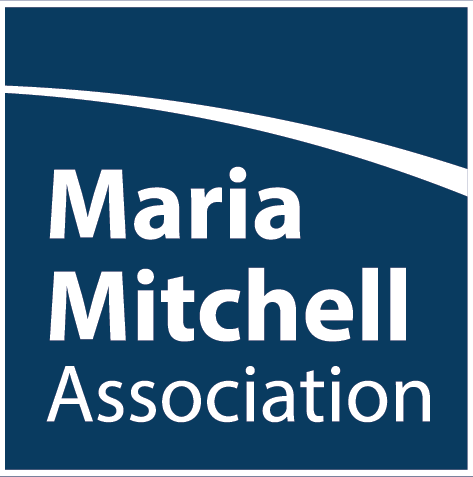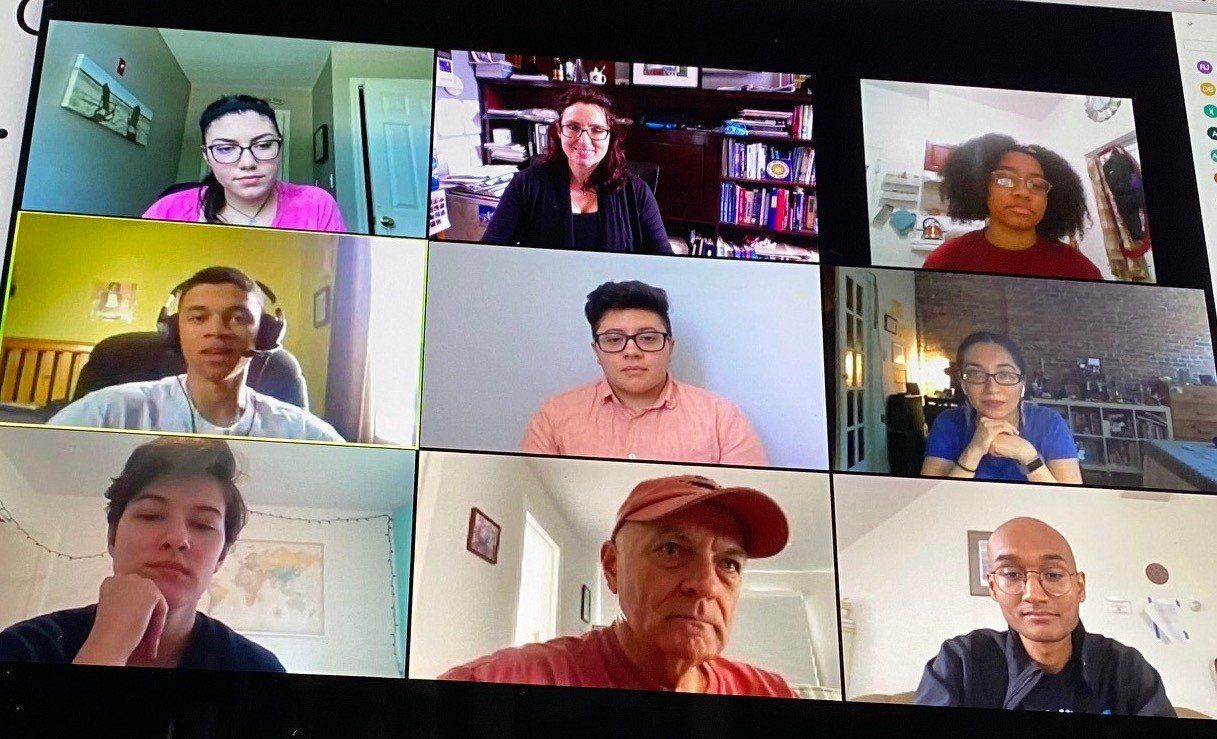Recap of the Maria Mitchell Association at the 237th Meeting of the American Astronomical Society
The Nantucket Maria Mitchell Association is proud to recognize and congratulate its six summer 2020 National Science Foundation Research Experiences for Undergraduates (NSF-REU) interns (virtual for 2020) for their wonderful job presenting their research at the recent meeting of the American Astronomical Society (AAS). The 237th meeting of the AAS took place on January 11-15, 2021 and in light of the COVID-19 Pandemic, the meeting was held virtually. Over 3,000 astronomers from around the world came together to network and share the news of their latest discoveries. As is customary, the Maria Mitchell Observatory (MMO) brought its six NSF-REU interns to the meeting to present their summer research findings. In a continuation of the long tradition of excellence in research and mentoring at the Maria Mitchell Observatory, each intern presented their work, covering a range of topics from exoplanets and X-ray studies of stars, to seeking out the missing matter in the Universe and understanding how black holes devour stars that wander too close. Each intern presented their research in the format of an iPoster (interactive poster) as well as a five-minute talk followed by questions. The interns did an exceptional job and the Maria Mitchell Association is proud to be represented by such an astounding group of young researchers! A complete list of all of the MMO intern presentations follows below.
Other highlights from the meeting included: a new exoplanet confirmed orbiting around a triple star system; a rocky planet found orbiting a very old star; the discovery that the disk of our own Milky Way Galaxy is warped; a new effort to use distant pulsars as ultra-precise clocks to measure the generalized gravitational wave background; and the discovery of the most distant quasar yet observed. For more on this last story, listen to Dr. Jorgenson’s interview on WCAI’s Looking Skyward (https://www.capeandislands.org/post/looking-skyward-most-distant-quasar). In addition, there were multiple interesting panels and discussions on equity, inclusion, and diversity efforts, many of them emphasizing and demonstrating the impact that programs such as the MMO’s NSF-REU and post-bac fellowship programs are having on increasing, supporting, and retaining underrepresented groups in astronomy.
The following is a complete list of the MMO’s REU intern presentations:
- Sharpening NuSTAR X-ray Images of Pulsar Wind Nebula G21.5-0.9
- Devon Barros (Bridgewater State University)
- First Millimeter Flares Detected From Epsilon Eridani With ALMA
- Kiana Burton (Temple University)
- Search for X-rays from RV Tau Variable Stars
- Sarah Graber (Columbia University)
- Using TESS Data to Search for Transiting Exoplanets Around White Dwarfs
- Alex Granados (Wellesley University)
- Untangling the Cosmic Web: VLT/MUSE Observations of FRB Host Galaxy 180924
- Andrea Mejia (CUNY- Hunter College)
- Systematic Classification of Tidal Disruption Event Light Curves from the Zwicky Transient Facility
- Natalia Villanueva (Harvard University)
For Immediate Release
February 2, 2021
Contact: Kelly Bernatzky, MMA Development Associate
Recent Posts
